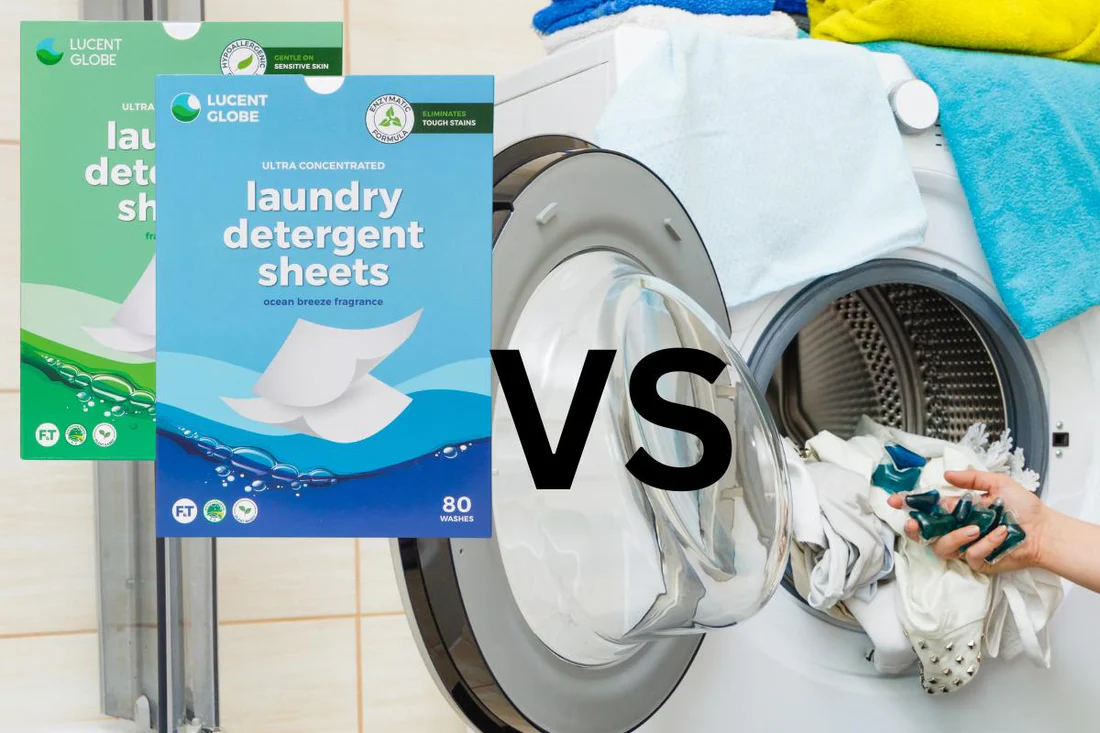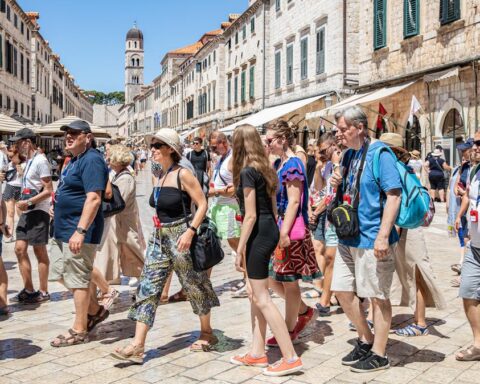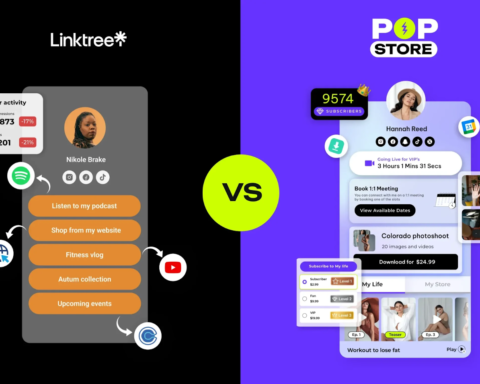Introduction
Since their introduction in the New York Times in 1942, crossword puzzles have become a cherished part of the daily routine for countless readers. They offer not only a delightful challenge but also a fantastic way to keep the mind sharp. One of the more perplexing clues that can leave even seasoned puzzlers scratching their heads is the “Total Bargain NYT crossword clue.” If you’ve ever found yourself stumped by this particular hint, you’re definitely not alone. In this article, we’ll delve into the intricacies of this clue, explore potential answers, and provide expert tips to help you solve crossword puzzles like a pro.
Understanding Crossword Clues
To tackle the “Total Bargain NYT” clue effectively, it’s crucial to grasp how crossword clues operate. They can range from straightforward definitions to cleverly disguised wordplay. Here’s a breakdown of the types of clues you might encounter:
- Direct Clues: These are the simplest, where the answer is a direct synonym or a clear definition of the clue.
- Fill-in-the-Blank Clues: These clues present a phrase with a missing word or words that complete a common saying or expression.
- Puns and Wordplay: These clues involve creative uses of language, such as homophones or rhymes, and require a bit more lateral thinking.
Deciphering the “Total Bargain NYT” Crossword Clue
The clue “Total Bargain NYT” likely refers to an exceptional deal or a significant discount. To solve this clue, consider the length of the answer and any intersecting letters you might have from other clues. Here are a few potential answers to consider:
- STEAL: A term often used to describe a great deal or bargain.
- DEAL: A straightforward term that signifies a good bargain.
- SNIP: Slang for a bargain or a great deal.
- GIFT: Sometimes used to describe something received at no cost, which could be considered a total bargain.
Remember, the context of the puzzle and the day of the week (NYT crosswords vary in difficulty from Monday to Sunday) can influence the complexity of the answer.
Strategies for Solving Crossword Puzzles
Solving crossword puzzles is a blend of skill and strategy. Here are some tips to enhance your puzzle-solving prowess:
- Start with What You Know: Begin with the clues you’re confident about. Filling these in first will provide intersecting letters that can assist with the more challenging clues.
- Consider the Theme: Many NYT crosswords have a theme that ties the clues together. Identifying the theme can offer valuable insights into solving tougher clues.
- Think About Word Patterns: Pay attention to common letter combinations and word endings. These patterns can help you deduce the correct answer.
- Keep an Open Mind: Be ready to think creatively. Crossword clues can be tricky, so consider various meanings and wordplay.
- Practice Regularly: The more puzzles you solve, the better you’ll become at recognizing patterns, themes, and solving strategies. Regular practice will lead to rapid improvement.
Common Pitfalls to Avoid
Here are some common mistakes to steer clear of when working on crossword puzzles:
- Overthinking Simple Clues: Sometimes, the simplest clues are straightforward, so don’t overcomplicate them.
- Ignoring Tense or Part of Speech: Pay attention to the clue’s tense or part of speech, as it can significantly influence the answer.
- Filling in Answers with Pencil: Use a pencil if you’re unsure about an answer to avoid having to erase ink later.
- Fixating on Incorrect Answers: If an answer doesn’t seem to fit, reconsider your approach and try other possibilities.
Resources for Crossword Enthusiasts
For those eager to enhance their crossword-solving skills, consider exploring these resources:
- Crossword Puzzle Dictionaries: These specialized dictionaries are organized by the number of letters in a word, making it easier to find possible answers.
- Online Forums and Discussion Boards: Join communities of fellow crossword enthusiasts to share tips and get hints.
- Crossword Puzzle Apps: Numerous apps offer daily puzzles with varying levels of difficulty, providing ample practice opportunities.
The Role of Crossword Puzzles in Brain Health
Beyond the enjoyment of solving a challenging clue, crossword puzzles offer several cognitive benefits:
- Memory Improvement: Regularly engaging with crossword puzzles can help enhance memory and recall.
- Delayed Cognitive Decline: Studies indicate that puzzles may help delay the onset of cognitive decline and mitigate its effects.
- Stress Reduction: Focusing on a puzzle can act as a form of mental relaxation, helping to alleviate stress levels.
In conclusion, while the “Total Bargain NYT” clue may initially seem elusive, understanding crossword puzzle strategies and practicing regularly will undoubtedly improve your skills. Happy puzzling!
Conclusion
In conclusion, tackling the “Total Bargain NYT” crossword clue may seem challenging, but with a solid understanding of crossword puzzle strategies and a bit of practice, you can master it and other tricky clues with ease. By familiarizing yourself with different clue types, employing strategic approaches, and avoiding common pitfalls, you’ll enhance your puzzle-solving skills. Remember, crossword puzzles not only offer a fun and engaging activity but also contribute to mental agility and cognitive health. Embrace the challenge, keep honing your skills, and enjoy the rewarding experience of solving each puzzle. Happy puzzling!
FAQs
1. What does the “Total Bargain NYT” clue mean?
The “Total Bargain NYT” clue refers to an exceptional deal or a significant discount. Possible answers include terms like “STEAL,” “DEAL,” “SNIP,” or “GIFT,” depending on the context and length of the answer required.
2. How can I improve my crossword puzzle-solving skills?
To improve your crossword skills, start by solving puzzles regularly, practice with various types of clues, and use strategies like identifying themes and thinking about word patterns. Utilizing crossword puzzle dictionaries and joining online forums can also provide valuable support and resources.
3. What should I do if I get stuck on a crossword clue?
If you’re stuck, try focusing on intersecting letters from other clues to help determine the answer. Consider different meanings, wordplay, or puns related to the clue. If necessary, take a break and return with a fresh perspective.
4. Are there any common mistakes to avoid in crossword puzzles?
Yes, avoid overthinking simple clues, ignoring the tense or part of speech indicated in the clue, and fixating on incorrect answers. Using a pencil for uncertain answers can help prevent mistakes and make corrections easier.
5. What are the cognitive benefits of solving crossword puzzles?
Solving crossword puzzles can improve memory, delay cognitive decline, and reduce stress. Engaging regularly with puzzles helps keep your mind sharp and can contribute positively to overall mental health.
Stay tuned for the latest news and updates on essentialtribune








